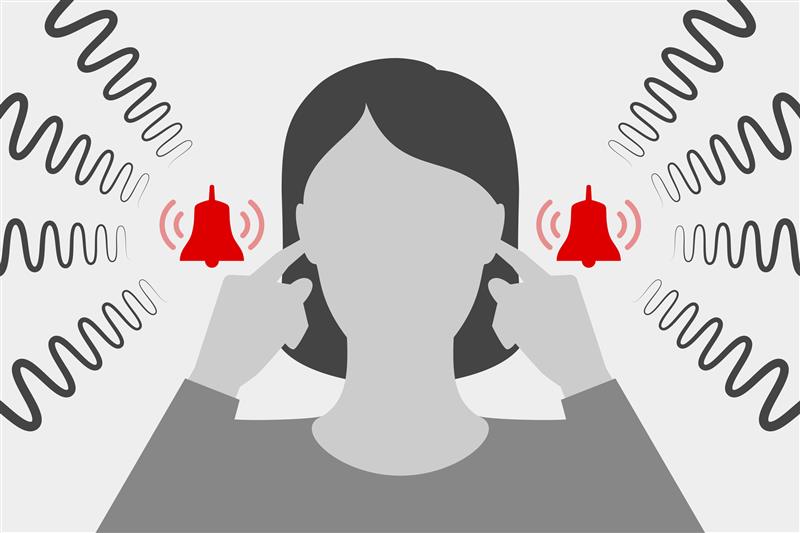It can be concerning when noticeable changes in your hearing start to creep in. And shopping for hearing aids can feel like a big step, perhaps accounting for the average 6 year wait period for hearing loss patients to finally seek treatment.
Fortunately, this somewhat bleak picture is changing overnight with the FDA approval of OTC hearing devices that can be sold directly to consumers online and in stores. This legislation brings hope and help to the 48 million American experiencing some degree of hearing loss, and will ideally make their individual journeys to treatment more expeditious, more convenient, and more affordable.
So below, we’ve handpicked five of our favorite options that are currently FDA registered to get you on the healthy hearing track:
1. Prevent further hearing loss:
Limit exposure to loud noises as much as possible. Activities such as mowing the lawn, driving with windows down, or listening to loud music through earbuds or headphones can cause permanent hearing damage. Take precautions to protect your ears and preserve the quality of your remaining hearing.
2. Quit smoking:
Tobacco use not only poses evident health risks but also increases the likelihood of hearing loss. By quitting smoking, you can reduce the risk of further damage to your hearing.
3. Keep your ears clean:
Regularly clean your ears to prevent conditions like wax buildup, fluid accumulation, or ear infections. Around 20% of hearing loss cases are due to conductive hearing loss, where sound is unable to reach the proper part of the ear for processing. Regular check-ups by a professional will help ensure optimal hearing.
4. Monitor your medications:
Some medications can be oto-toxic, meaning they can cause irreversible hearing damage. If you start a new medication and notice changes in your hearing, contact your doctor immediately to explore alternative options.
5. Take steps to prevent falls:
Falls are a leading cause of accidental death among seniors. Untreated hearing loss increases the risk of falls. Studies have shown that for every 10 decibels of untreated hearing loss, the risk of falling increases by 140%. Be cautious and create a safe environment to reduce the risk of falls.
Prioritize regular hearing exams:
Even after receiving treatment, it’s incredibly important to receive regular checkups with your hearing care specialist. Hearing aids are a wonderful tool to get back your independence, but that’s only when they are working at their best. Like your car, or your HVAC system, they will need some tuning every so often to remain at peak performance.
Remember, it’s crucial to address your hearing loss and seek appropriate treatment. Untreated hearing loss can have significant impacts on cognitive function, social isolation, and increase the risk of developing dementia. Taking action now will not only help maintain your independence but also mitigate the negative effects of hearing loss on your overall well-being.
If you’ve noticed that your hearing loss is affecting your life, don’t hesitate to get tested. There are numerous solutions available for different levels of hearing loss. Treating your hearing loss today will provide you with the best opportunity for improvement, as hearing tends to worsen over time. Contact our office today to schedule a free hearing exam and let one of our specialists guide you on the path to better hearing and greater independence.









